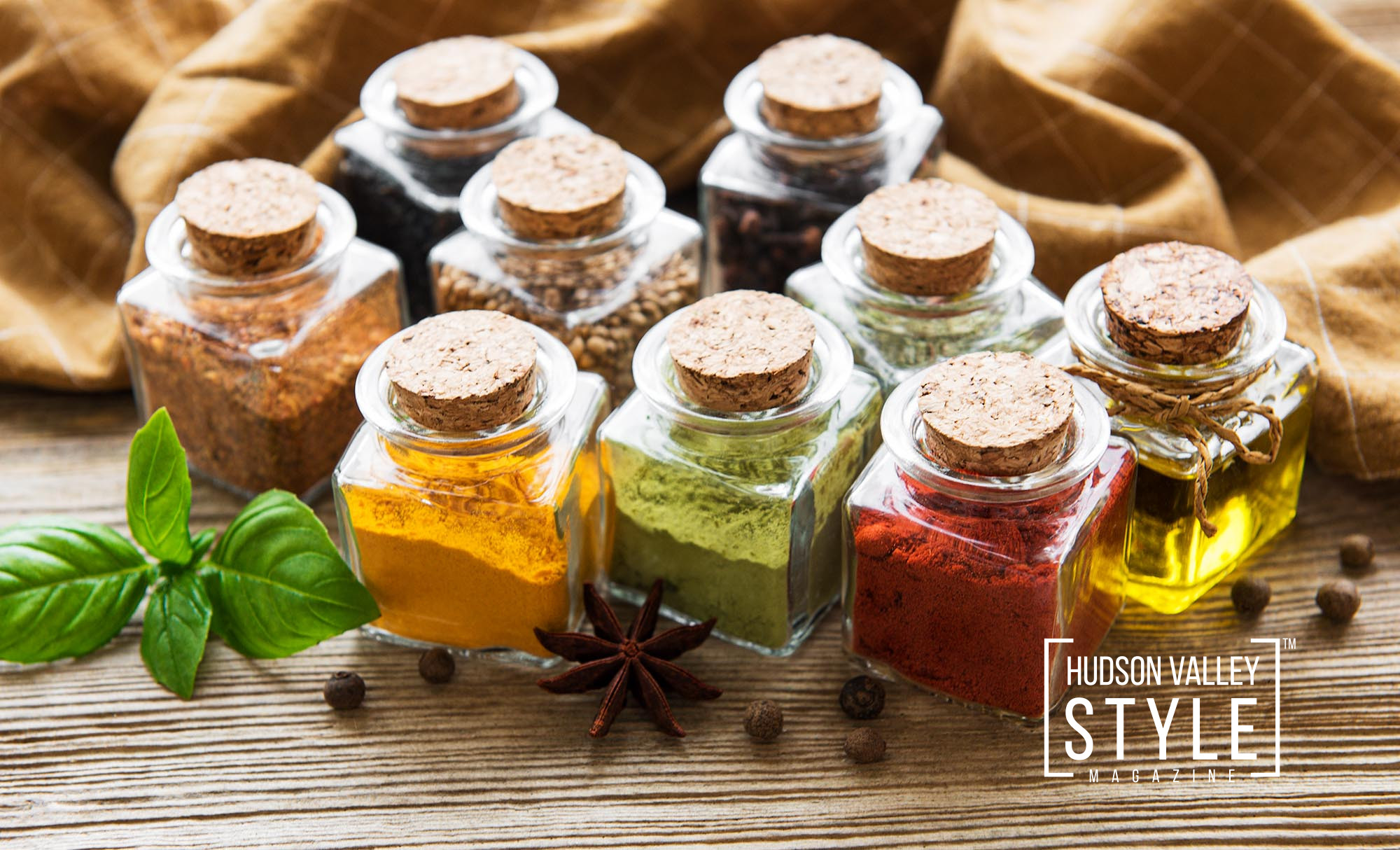Plastic is one of the most widely used materials in the world, but it is also one of the most harmful to the environment and human health. Not only does it take hundreds of years to decompose, but it also releases toxic chemicals called volatile organic compounds (VOCs) into the air we breathe. In this article, we will explore the various ways to reduce exposure to plastics and VOCs in your home and replace them with healthier and sustainable alternatives.
- Use Glass Containers for Food Storage
Plastic containers, especially those made of low-quality plastic, can release harmful chemicals when heated or when they come in contact with acidic foods. To avoid this, consider using glass containers for food storage instead. Glass containers are more durable, long-lasting, and don’t release any chemicals into your food. They are also easier to clean and can be used repeatedly without any harm.
- Avoid Plastic Bags
Plastic bags are among the biggest contributors to environmental pollution. They take hundreds of years to decompose and can harm wildlife that accidentally ingest them. Instead of using plastic bags, consider using reusable bags made from sustainable materials such as cotton, hemp, or jute. These bags are not only environmentally friendly but also more durable and long-lasting. - Use Natural Cleaning Products
Many cleaning products contain harsh chemicals that can be harmful to your health, such as ammonia, bleach, and phosphates. To reduce exposure to VOCs and other chemicals, consider using natural cleaning products made from ingredients such as vinegar, baking soda, and lemon juice. These natural cleaners are effective in removing dirt and grime while also being safer for you and the environment. - Choose Natural Personal Care Products
Many personal care products such as shampoos, lotions, and deodorants contain harmful chemicals such as phthalates, parabens, and triclosan. To avoid exposure to these chemicals, consider choosing natural personal care products made from ingredients such as essential oils, natural herbs, and plant extracts. These products are not only safer for you but also better for the environment. - Replace Plastic Utensils with Sustainable Alternatives
Plastic utensils such as spoons, forks, and knives are commonly used and discarded, contributing to plastic pollution. To reduce the amount of plastic waste, consider using sustainable alternatives such as glass, bamboo, wood, or metal utensils. These options are reusable, durable, and can last for years, reducing the need for constant replacements. - Choose Natural Fibers for Clothing and Bedding
Many synthetic fabrics such as polyester and nylon are made from plastic and can release harmful chemicals into the air and water. To reduce exposure to these chemicals, consider choosing clothing and bedding made from natural fibers such as cotton, linen, and wool. These materials are not only healthier but also more comfortable and breathable. - Avoid Plastic Bottles
Plastic water bottles are one of the biggest contributors to plastic pollution. They take hundreds of years to decompose and can harm wildlife that accidentally ingest them. Instead of using plastic water bottles, consider using a reusable water bottle made from stainless steel, glass, or BPA-free plastic. These options are not only better for the environment but also more cost-effective in the long run. - Reduce Plastic Packaging
Many products come wrapped in plastic packaging, contributing to plastic waste. To reduce exposure to plastics, consider choosing products with minimal packaging or packaging made from sustainable materials such as cardboard or paper. You can also buy in bulk to reduce the amount of packaging needed for individual products.
Finally, educate yourself and others on the importance of reducing plastic and VOC exposure in your home and in your community. By spreading awareness and encouraging others to make sustainable choices, you can help to create a healthier and more sustainable future for everyone.
In conclusion, reducing exposure to plastics and VOCs in your home is crucial for your health and the environment. By choosing sustainable alternatives and natural products, you can reduce your exposure to harmful chemicals while also promoting a healthier and more sustainable lifestyle. Remember that every small step counts and that by making conscious choices, you can help to create a better world for everyone.





